Writing Fiction based on Family History
 My novel, When It’s Over, set in Europe during WWII, is based on a true story: the story of my mother’s experience as a refugee from the Holocaust. She was a young woman, an anti-fascist activist from a secular Jewish family, when she fled Czechoslovakia and then Paris, and spent the war years in the relative safety of England. She left behind family members who were eventually deported to concentration camps; they did not survive.
My novel, When It’s Over, set in Europe during WWII, is based on a true story: the story of my mother’s experience as a refugee from the Holocaust. She was a young woman, an anti-fascist activist from a secular Jewish family, when she fled Czechoslovakia and then Paris, and spent the war years in the relative safety of England. She left behind family members who were eventually deported to concentration camps; they did not survive.
The idea of writing the novel didn’t occur to me until after my mother had passed away: I realized she had an amazing story, and I didn’t want it to die with her. I knew the basic outline of what had happened to her and her family. But I quickly realized there were a lot of gaps in my knowledge. There was no way I could write a comprehensive biography or non-fiction account. So I decided to write it as a novel.
Like any writer of historical fiction, I had to do a ton of research. My starting point was an oral interview I had recorded with my mother 20 years before her death. I retrieved the cassette tape from the back of my closet and had it transcribed, and I returned to this document throughout the writing process.
My parents owned hundreds of books, and when we cleared out the house after they had both passed on, I discovered two little-known— certainly unknown to me—autobiographies written by friends of my mother’s. I recognized their names from anecdotes I’d heard from her over the years: two men who had also grown up in Prague during the turbulent 1930’s, and who also escaped to England, leaving behind family members who eventually perished at the hands of the Nazis.
These sources and my mother’s interview contained fascinating information, mind-blowing tales of ordinary young people swept up in extraordinary times, facing decisions that made the difference between life and death. But that kind of material doesn’t automatically translate into great fiction. A novel requires fully-formed, three-dimensional characters, good dialogue and carefully crafted interiority to reveal character, and a narrative arc that flows well and feels plausible to the reader.
When I was workshopping sections of the novel in my writing group, I sometimes received feedback that a particular action or development did not seem “believable”. I had to resist the temptation to protest: “But that really happened!” It’s an old adage that fiction has to be believable; non-fiction does not.
So my novel deviates from “what really happened” in a number of ways: sometimes to fill in gaps in my knowledge, other times to create more dramatic tension, or make a character more complex—or to make the story more believable.
But the historical details are, I believe, all correct. I certainly went to great pains to ensure that the timeline of events remains true to reality and that there are no anachronisms. I immersed myself in writing from the WWII era, both fiction and non-fiction, to make sure I got it right. I didn’t want the reader to be thrown out of the story by questioning whether the physical description of a location, or a particular item of clothing, or a figure of speech is accurate for the period. That is also important for “believability”.
When It’s Over is not only a tale set in the context of dramatic historical events; it is also is a coming-of-age story about a young woman who falls in love, learns about romance and sex and jealousy, falls out of love, and finds a new relationship. This is all loosely based on “what happened”, but my mother never shared these kinds of personal details with me, nor I suspect with anyone else. She was a very private person. So I created a protagonist, Lena, who is based on my mother, but who assumed a completely separate persona for me as I was writing. It was Lena, not my mother, whom I imagined and placed in these scenes.
Any writer who creates fiction based on true family events enters a potential minefield. I changed all the characters’ names, and the name of the small English village in which some of the action takes place, but they are still very recognizable to those in the know. Fortunately for me, by the time I completed the novel and was preparing for publication, the individuals on whom my characters were based had all passed away.
So I didn’t have to worry about offending that generation of family members by what was included or omitted or invented or exaggerated. And the response from all the descendants—those of my age and younger—has been overwhelmingly positive. They have been surprised and delighted to learn more about my mother’s history – a history she largely kept buried over the years, hidden from most of the family. This, then, is my gift to them.
—
Barbara Ridley was born in England but has lived in California for over 30 years. Her work has appeared in journals such as Writers Workshop Review, Ars Medica, BLYNKT, The Copperfield Review and Stoneboat. Her debut novel, When It’s Over, (She Writes Press, 2017) is set in Europe during WWII, and is based on her mother’s story as a Holocaust refugee. Barbara can be followed at www.barbararidley.com and on Twitter https://twitter.com/barbara_ridley
About WHEN IT’S OVER
 Coming of age in Prague in the turbulent 1930’s, Lena Kulkova meets Otto, a refugee from Hitler’s Germany, and follows him to Paris to work for the Republican side in the Spanish Civil War. As the war in Spain ends and a far greater war engulfs the continent, Lena gets stuck in Paris with no news from her Jewish family, including her beloved baby sister, left behind in Nazi-occupied Czechoslovakia. Otto, meanwhile, has fled to England, and is staying in a small Sussex village, sponsored by the eccentric Lady of the Manor. He urges Lena to join him, but she cannot obtain visa.
Coming of age in Prague in the turbulent 1930’s, Lena Kulkova meets Otto, a refugee from Hitler’s Germany, and follows him to Paris to work for the Republican side in the Spanish Civil War. As the war in Spain ends and a far greater war engulfs the continent, Lena gets stuck in Paris with no news from her Jewish family, including her beloved baby sister, left behind in Nazi-occupied Czechoslovakia. Otto, meanwhile, has fled to England, and is staying in a small Sussex village, sponsored by the eccentric Lady of the Manor. He urges Lena to join him, but she cannot obtain visa.
When Lena and Otto are finally reunited in England, they face anti-refugee sentiment and wartime deprivations, and their relationship becomes strained. Lena plunges into a new romance, and the progressive political movement that leads to the landslide defeat of Churchill in the 1945 election. But she’s desperate for news from her mother and sister.
Based on a true story, “When It’s Over” is timely, moving and resonant.
Category: Contemporary Women Writers, On Writing




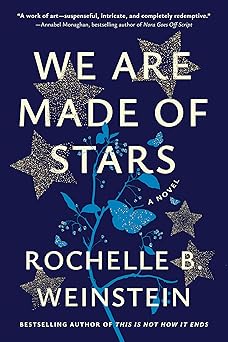
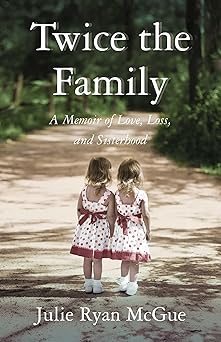
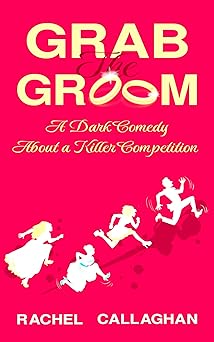
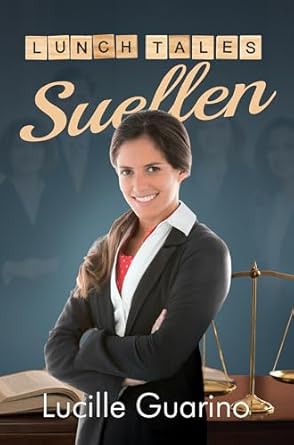

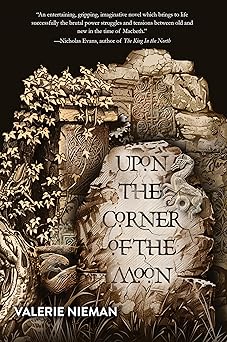
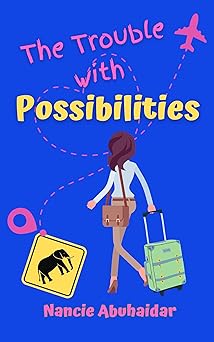
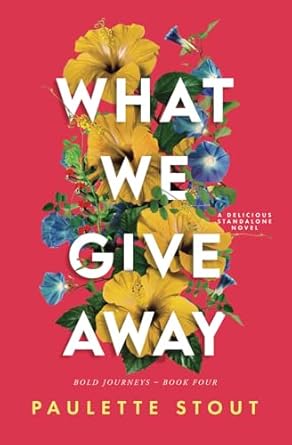
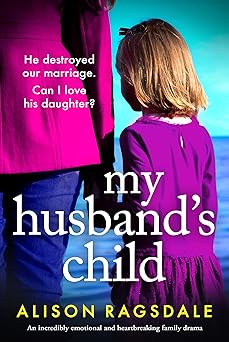
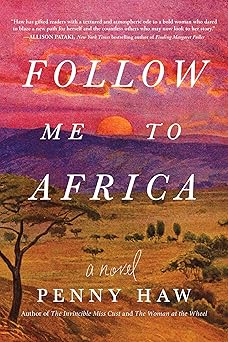
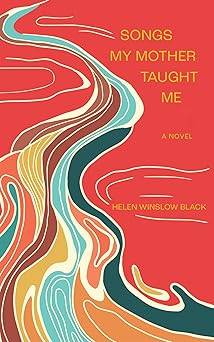
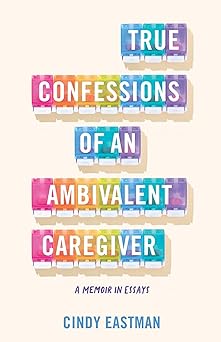
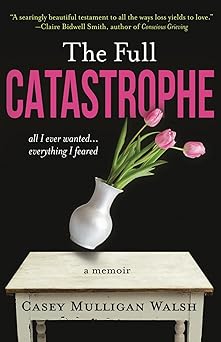
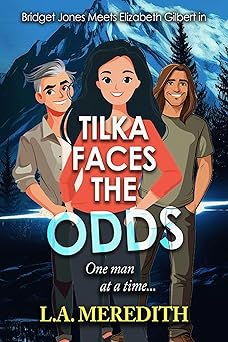

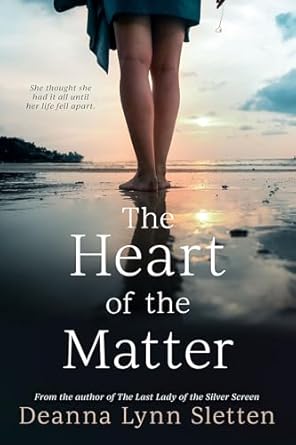
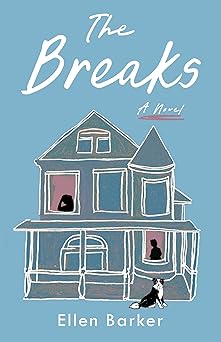
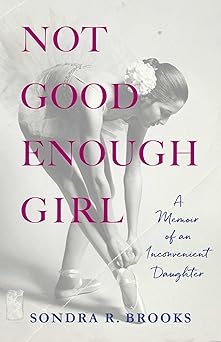
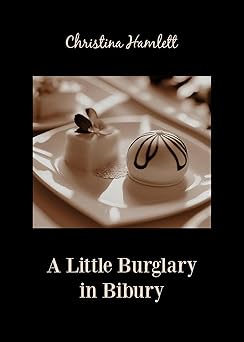
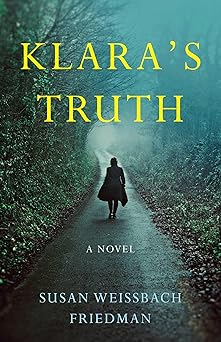
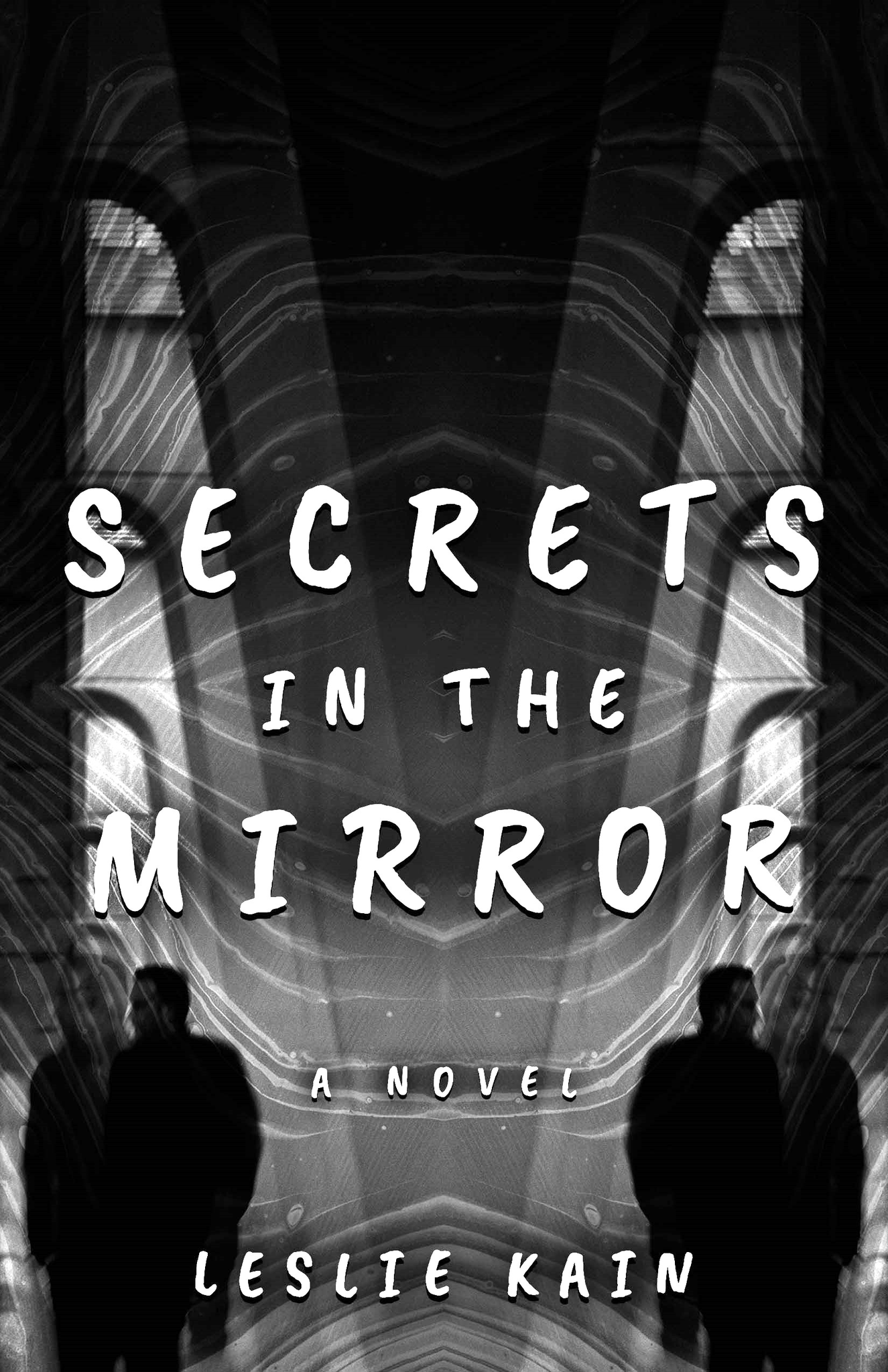
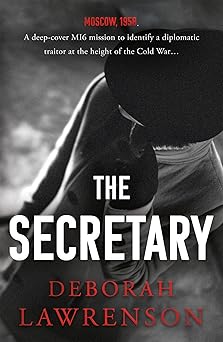
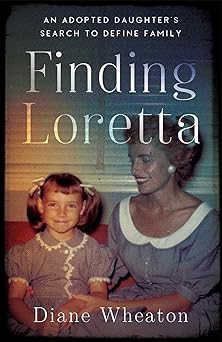
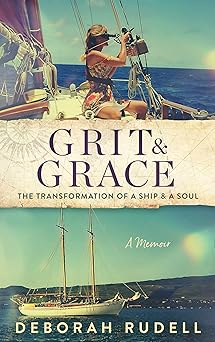
Thank you so much for this article. I have a 1911 murder trial in my family history. Everyone was gone by the time we ever found out it had happened and while I do have a decent amount of factual material, I don’t think I have enough to flesh it out without going fictional. This article has given me great inspiration to move forward. Thanks again!
Wonderful, Tricia! Thanks so much for your nice comment. Good luck with your project. Have fun with it!
Thank you for your thoughts! I am also writing a fiction novel based on true stories about my paternal Grandfather and his experiences during and after World War II as a Political Prisoner and my Grandmother who worked in Germany before meeting my Grandfather in a Displaced Persons Camp. I am wondering if you worked at all with a professional historian, and how you went about doing your research? Were there particular search engines or keywords you found helpful to assist you?
I appreciate your time and very much look forward to reading your book, as I’ve come across this article before reading your novel.
Thank you so much for your comment, Nicole. I did not use a professional historian. I started with browsing my parents’ bookshelves and the books from and about the period at my local library. I list some of the most valuable books I used in the acknowledgements section in my novel. I did online research too, for specific topics, but discovered there were sometimes limitations to what you can learn from online sources. I can’t say I used any particular search engines or keywords. Good luck in your project! It sounds very interesting.
I hugely empathised with this account as I am writing a novel about WW2, based on a true story! Not my own family’s, but that of a man who’d come to a talk I’d given and who offered me his parents wartime letters, several folders of them. The reading round the period as been similarly truly fascinating and educative. The story is set mainly in Cairo and East Africa , and I have permission to adapt his parent’s characters and what they did, to suit my fictional needs. I’m in England but will try to get your book for sure.
Thanks for your comment Sandra, and good luck with your project. It sounds fascinating. You’ve probably read Penolope Lively’s wonderful novel Moon Tiger, set in Egypt during WWII. My novel is available on amazon UK if you are interested https://www.amazon.co.uk/When-Its-Over-Barbara-Ridley/dp/1631522965/